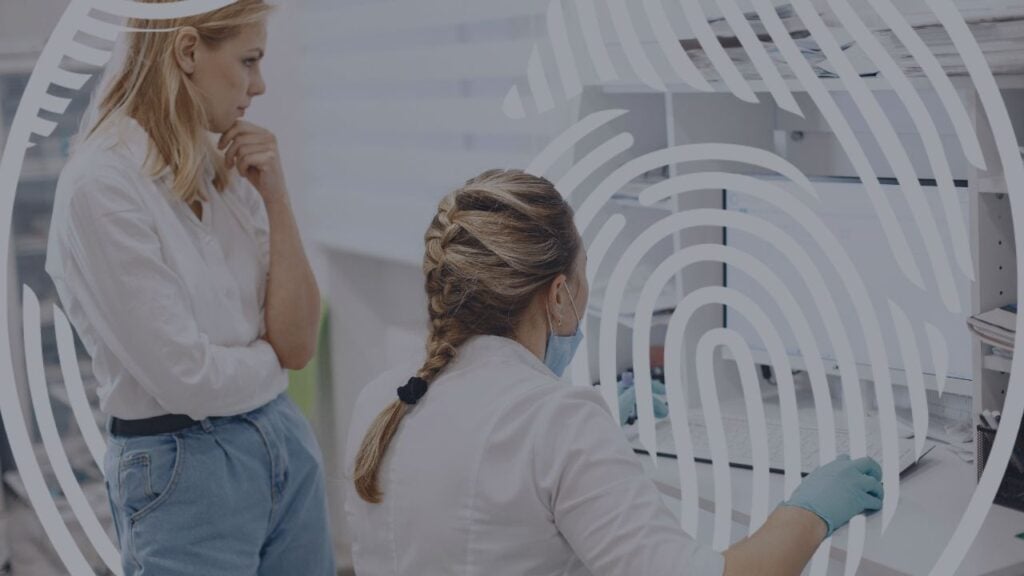WEDI Recap: A New Vision for Scalable FHIR Testing with FHIRplace

The HL7® FHIR® community has long relied on connectathons as crucibles of interoperability — intense, cooperative testing events where engineers huddle to make their systems talk to each other. But
How HIPAA Compliance Helps Startups Build Trust and Grow

Early-stage startups and small businesses building healthcare software quickly learn that HIPAA compliance isn’t just a legal formality. It’s a business essential. Healthcare organizations need to know that any vendor
How Penetration Testing Strengthens Compliance Strategies for Financial Institutions

Conversation Summary In 2023 alone, the financial sector experienced a 20% increase in cyberattacks, with the average cost of a breach reaching $5.97 million. For financial institutions, the question isn’t
Why Expert Guidance Matters for NYDFS and FTC Compliance

Managing one cybersecurity regulation is hard enough. Juggling two? That’s where things can escalate into a high-stakes compliance challenge. For many financial institutions, this isn’t just a hypothetical. Both the
Breaking Down NIST Risk Assessments for Smarter Cybersecurity

Building a strong cybersecurity program takes more than just good tools—it requires a clear, structured approach that aligns with your organization’s goals. That’s where NIST risk assessment frameworks shine. Whether
Essential Insights from Drummond’s 2025 ASTP/ONC Compliance Webinar

With the 2025 Assistant Secretary for Technology Policy/Office of the National Health Coordinator (ASTP/ONC) compliance deadlines rapidly approaching, healthcare organizations and health IT developers are racing to implement critical regulatory
Maximizing the Benefits of Prior Authorization with Real World Testing

Maximize the potential of FHIR-based electronic Prior Authorization (ePA) with real-world testing. Drummond’s FHIRplace Pilot ensures seamless interoperability, compliance, and efficiency—helping you launch with confidence.
Simplifying PCI DSS v4.0.1 Mapping with Third-Party Support

With PCI DSS v4.0.1 now in effect, businesses must navigate complex security updates to stay compliant. Learn how third-party support can help identify gaps, validate controls, and reduce compliance risks before it’s too late.
The Legacy of the Cures Act: Foundations for HTI-1 and Beyond

The Cures Act set the stage for interoperability, data access, and ONC compliance. As HTI-1 builds on its foundation, understanding its impact is key to future health IT strategies.
